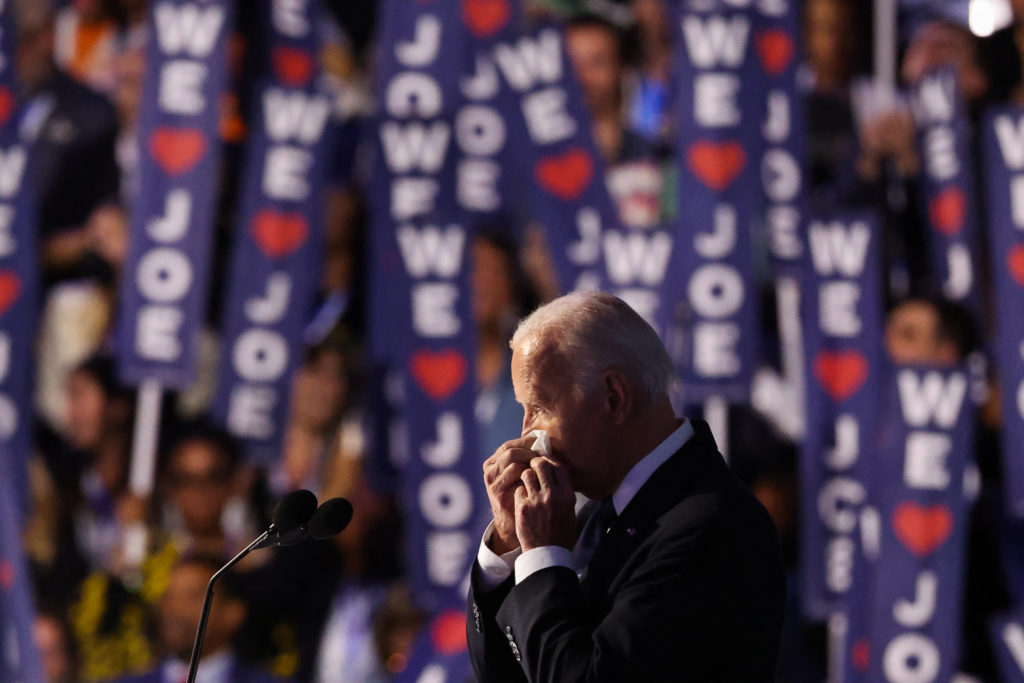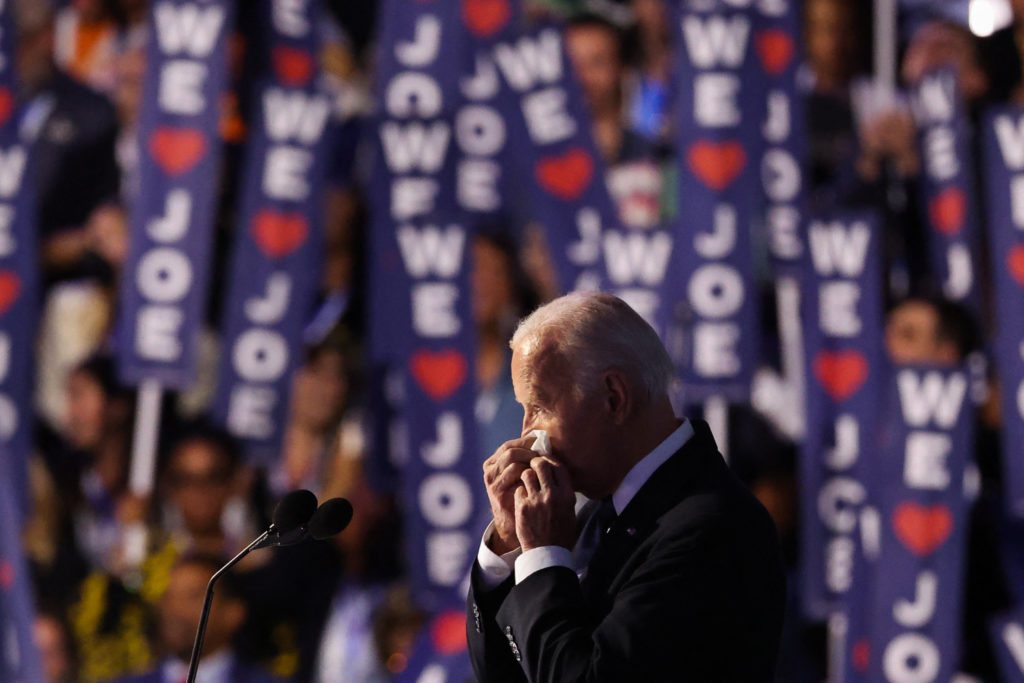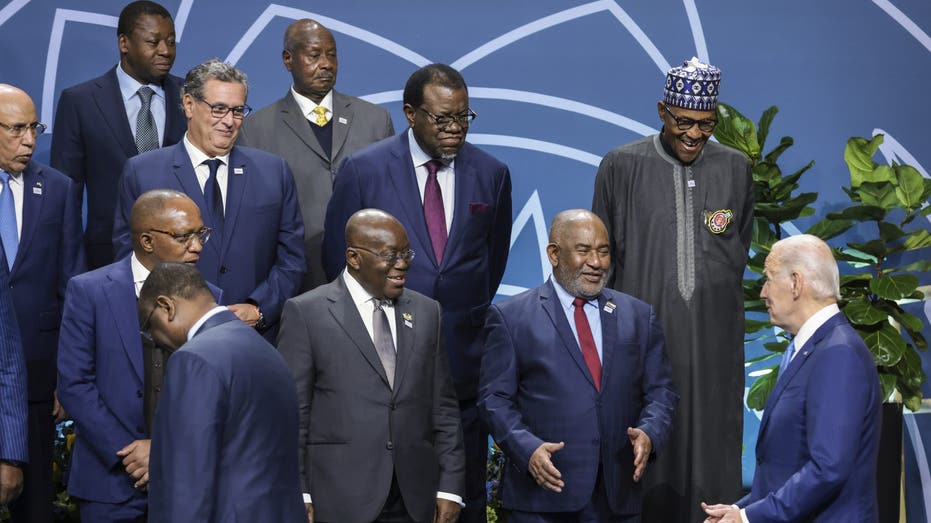
President Biden’s First African Visit Highlights U.S.-China Rivalry and Strategic Goals
JOHANNESBURG, South Africa – As President Joe Biden embarks on his inaugural visit to Africa during his presidency, questions arise regarding his motivations and objectives. This trip, particularly his visit to Angola, is perceived by some as a crucial step towards solidifying his administration’s legacy on the continent. However, analysts warn that the extensive investments China has made in Africa over the past decade may significantly impede Biden’s ability to effect meaningful change or leave a lasting, positive impact.
The Stakes of Biden’s Africa Strategy
According to Cameron Hudson, a former director for African affairs at the National Security Council during the George W. Bush administration and now a senior fellow at the Center for Strategic and International Studies, the narrative of Biden’s Africa strategy may ultimately be framed as “over-promised and under-delivered.” During an interview with Fox News Digital, Hudson stated that despite the administration’s pledges to revolutionize U.S.-Africa relations, the results have largely been reminiscent of previous administrations with negligible breakthroughs.
This sentiment was echoed by Cobus van Staden, managing editor of the China-Global South Project and a contributor to the South African Institute of International Affairs. Van Staden characterized Biden’s legacy on the continent as “mixed.” While acknowledging improvements in the optics of U.S.-Africa relations compared to the Trump administration, he noted a lack of tangible victories. He stated, “Africa was included in Biden’s strategy for addressing China’s dominance, particularly in critical minerals. Yet, this hasn’t translated into significant benefits for African nations thus far.”
U.S. Investments and the Significance of Angola’s Lobito Corridor
At a recent special briefing, Dr. Frances Brown, special assistant to the president and senior director for African affairs at the National Security Council, firmly defended the administration against criticisms of inaction. Reflecting on commitments made during the African Leaders Summit in 2022, Brown highlighted that Washington pledged billion in investments over three years, with over 80% of that broken down into delivery over the past two years. She pointed to multiple high-profile visits from administration officials as evidence of the U.S.’s active engagement.
Central to Biden’s trip to Angola is the Lobito Rail Corridor, an ambitious 800-mile railway project that the Biden administration considers a pivotal component of its Africa policy. This transportation system, once completed, aims to connect the Democratic Republic of Congo (DRC) and Zambia to Angola’s Lobito port on the Atlantic Ocean. The U.S. plans for the corridor to expedite the transportation of critical raw materials (CRMs) such as cobalt and lithium, which are essential for electric vehicle (EV) batteries. The initiative seeks to reduce shipping times from 45 days down to under a week.
According to Dr. E.D. Wala Chabala, a former chairman of Zambia Railways and economic policy consultant, these materials are critical for the global electric vehicle market. In a paper for the Africa Policy Research Institute, Chabala projected that demand for cobalt, graphite, and lithium is expected to increase twenty- to fortyfold by 2040, emphasizing the strategic significance of the Lobito Corridor, especially given that the DRC produces nearly 70% of the world’s cobalt.
Challenges Ahead: Competing with Chinese Influence
Nevertheless, significant challenges lie ahead for the Biden administration. Chabala noted that China has already established a dominant presence in the critical minerals market, controlling approximately 80% of cobalt production in the DRC and leading in EV battery production. He pointed out that China is enhancing its influence by upgrading existing infrastructure, such as the Tanzania-Zambia Railway (TAZARA), which connects central Zambia to Tanzania’s Indian Ocean port of Dar es Salaam, thereby posing strong competition to U.S.-backed initiatives.
Chabala remarked that any U.S. efforts to develop the Lobito Corridor may be arriving “too late” to change prevailing dynamics, especially since rival routes offer shorter transit distances. He cautioned that while the U.S. and the EU attempt to catch up in EV technology, Asia currently dominates nearly 90% of battery component manufacturing, further underscoring Africa’s strategic importance for securing access to essential minerals.
China’s Dominance: An Ongoing Challenge
China’s extensive investments and established partnerships in Africa present a major obstacle for Biden’s ambitions. In addition to dominating critical minerals, China has propelled significant infrastructure projects while fostering deep ties with various African governments. “China has an extensive head start,” warned Chabala. “They’re deeply embedded in the EV value chain and manufacturing, are the world’s top EV producers, and have secured resource ownership throughout Africa.”
Despite the formidable challenges posed by China, analysts maintain that opportunities still exist for the U.S. “Africans desire diversity in their economic partnerships,” Hudson noted. “Many nations are cautious about relying solely on China and actively seek alternatives. The Lobito Rail Corridor could serve as proof that the U.S. can undertake large-scale commercial infrastructure projects, fostering relationships founded on ‘trade, not aid.’”
As President Biden engages in negotiations and alliances within Africa, his administration will need to find a balance between addressing the immediate goals at hand while also competing against China’s formidable influence on the continent. The success of Biden’s endeavors may ultimately hinge on whether the U.S. can establish itself as a credible partner in Africa’s ongoing development while adapting to the shifting geopolitical landscape.


















